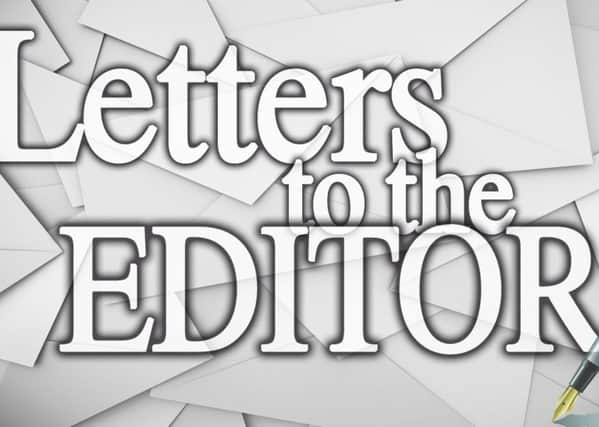Two influential voices open a key debate on merits of a border poll


The stated reason was that there was not enough support for unity to justify one, and while polls suggested that was so there was almost a defensive aspect to such arguments, as if there was a fear that it might not be true.
But two surveys recently suggested that there is still high support, perhaps even overwhelming support, for Northern Ireland staying in the United Kingdom. The findings were in a poll carried out for the influential London think tank, Policy Exchange, and research for Queen’s University in Belfast.
Advertisement
Hide AdAdvertisement
Hide AdSupporters of the unification of Ireland pointed to the fact that only a little over 50% of people in the latter survey supported staying in the UK, but unionists — with greater justification — pointed out that only 21% said they supported unity.
The remaining near 30% said they did not know or would not vote, but that is not surprising. The key figure in such findings is the feeling among those who do know how they would vote, and they split more than two to one for the Union.
Now two influential people have suggested a border poll. The former DUP leader and first minister Peter Robinson believes there should be fixed generational polls. The director of Policy Exchange, Dean Godson, thinks that the UK government should call a border poll, and call the bluff of Jeremy Corbyn.
This is not entirely new thinking. The DUP flirted with the notion of a border poll more than five years ago, well before the Scottish independence poll and the Brexit vote showed the volatility of such contests.
Advertisement
Hide AdAdvertisement
Hide AdThere are powerful arguments against a border poll now: that it would de-stabilise the Province and lead to permanent, successive and divisive border polls until nationalists won.
But it might be that a poll would be so decisive for the UK as to settle matters for a generation. This debate, on whether or not to have a poll, is an important one,